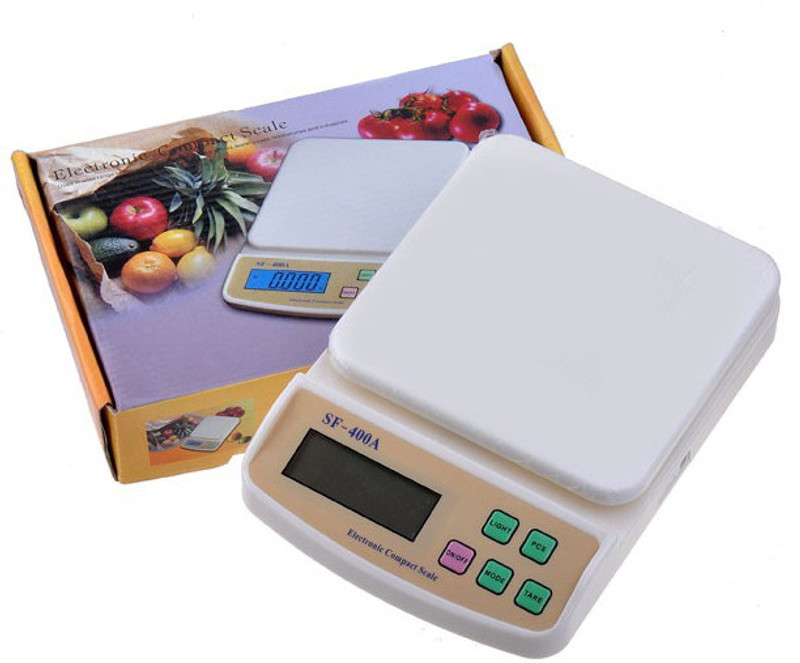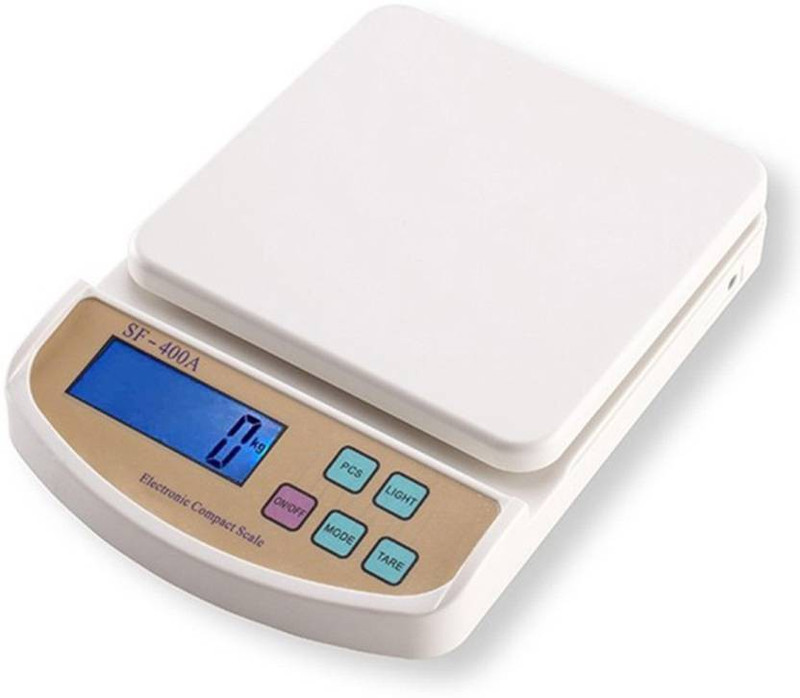Why Organic Soaps Could Be The Better, More Sustainable Choice For Your Skin

The recent shift towards sustainable self-care is more than just a trend. It is becoming one of the most impactful changes that you can make to your daily routine, and one of the simpler steps is to swap your regular soap for an organic alternative. Loaded with plant-based goodness and free from harsh chemicals, organic soaps are kinder to your skin and the environment. Whether you're battling dryness, sensitive skin, or just looking to lead a cleaner lifestyle, this switch can work wonders. Let's explore 10 compelling reasons why going organic with your soap should be your next beauty move.
Also Read: Smell Divine and Save Big: The Best Flipkart Deals On Soap Combos Right Now
1. Free From Harsh Chemicals
Conventional soaps often contain sulfates, parabens, and synthetic fragrances that strip your skin of natural oils and cause irritation. Organic soaps, on the other hand, are made using natural oils, essential oils, and botanical extracts. These ingredients are gentle yet effective, cleansing your skin without causing long-term damage. If you've noticed unexplained dryness or itchiness, your soap may be to blame.
Some studies suggest that switching to organic helps eliminate that risk*, promoting a more balanced and nourished complexion with each wash. Additionally, avoiding chemical-laden soaps reduces the risk of hormonal disruption, allergic reactions, and long-term health impacts, making organic a safer daily companion.
2. Rich In Natural Moisturisers
Organic soaps are typically crafted with ingredients like coconut oil, shea butter, olive oil, and glycerin, natural emollients known for their moisturising properties. These ingredients lock in hydration, soothe inflammation, and leave your skin feeling soft and supple.
For people struggling with dry or flaky skin, organic soap can be a gentle, effective alternative to harsh body washes and commercial bars. You'll notice that your skin retains more moisture throughout the day, especially in harsh weather conditions. Moreover, the natural fatty acids present in these oils help repair the skin's barrier, ensuring long-lasting protection from dryness.
3. Gentle For Sensitive Skin
If you suffer from eczema, rosacea, or other skin sensitivities, organic soap can be a game-changer. The absence of synthetic dyes, artificial fragrances, and preservatives makes them suitable for all skin types, including children and seniors. Natural ingredients like calendula, chamomile, and aloe vera soothe irritation rather than triggering flare-ups.
Many dermatologists recommend going organic for clients prone to skin allergies, making it a dermatologist-approved solution for everyday cleansing. Plus, these ingredients provide anti-inflammatory benefits that help calm redness and prevent further skin issues from developing.
4. Eco-Friendly And Biodegradable
According to Sandra Felix's research paper*** what goes down your drain matters. Organic soaps are made from ingredients that break down naturally and don't harm water systems or aquatic life. Their packaging is also usually recyclable or biodegradable, reducing plastic waste and carbon footprint. If you're trying to live a low-waste lifestyle or aiming to reduce your household's environmental impact, switching to organic soap is a practical step that aligns with your values.
In addition, many organic soap manufacturers adopt sustainable farming practices, avoiding the use of pesticides and fertilisers that harm ecosystems and biodiversity.
5. No Animal Testing
Most organic soap brands are cruelty-free, meaning they don't test on animals. Ethical beauty is becoming a major focus, and supporting companies that respect animal welfare is an easy way to contribute to the movement.
Choosing cruelty-free also often means the brand is transparent and values-driven, offering better quality and integrity in their products. Not only does this benefit animals, but it also ensures that your purchases align with your moral compass, fostering a deeper connection with the products you use.
6. Aromatherapy Benefits
Organic soaps use essential oils like lavender, peppermint, eucalyptus, and citrus instead of synthetic fragrances. These natural oils offer not just a pleasant scent but therapeutic benefits too. Lavender calms the mind, citrus uplifts the mood, and eucalyptus clears sinuses.
So every bath or shower becomes a mini spa experience, relaxing your body and soothing your mind. In our fast-paced lives, that daily dose of aromatherapy is a bonus most of us could use. These essential oils can also stimulate circulation, enhance mental clarity, and help you unwind after a stressful day.
7. Customisable And Locally Sourced Options
Many organic soap brands are small-batch or artisan-made, allowing for unique combinations tailored to different skin concerns. You can choose bars with activated charcoal for detox, turmeric for glow, or neem for acne. Supporting local or handmade businesses also helps regional economies and reduces the environmental cost of transportation.
Plus, the custom nature of these products means higher attention to ingredient quality and craftsmanship. You often get fresher, more potent formulations, and the satisfaction of knowing you're investing in conscious communities and makers.
8. Supports Skin's Natural pH
The pH level of your skin matters more than you might think. Many commercial soaps are highly alkaline, which can disrupt your skin's natural acid mantle, leading to dryness and breakouts. Organic soaps are often formulated to be pH-balanced, preserving your skin's protective barrier.
When your pH is balanced, your skin stays clearer, softer, and more resistant to environmental aggressors. This is especially important when rising pollution levels and climate fluctuations can further stress skin health.
9. Anti-Aging Properties
Natural ingredients like green tea, honey, and vitamin E are commonly found in organic soaps and are rich in antioxidants. These help combat free radical damage, which is one of the leading causes of premature aging.
By neutralising these free radicals, your skin retains its elasticity and youthful glow. In a time when everyone is searching for anti-aging solutions, something as simple as switching your soap can contribute significantly to skin longevity. Organic soaps also promote collagen production and improve skin tone, reducing the appearance of fine lines and dark spots.
10. A Better Choice For Daily Use
We use soap multiple times a day, every day. What you apply to your skin that frequently should be safe, nourishing, and effective. Organic soaps offer peace of mind; they're made with ingredients you can actually pronounce, and you know they won't harm your skin or health.
In recent years, when informed beauty choices are becoming the norm, switching to organic soap is a simple yet powerful act of self-care. Plus, the consistent use of organic soap can lead to long-term skin health benefits, saving you money on costly treatments and skincare regimens.
Products Related To The Article
1. Nat Habit Bath Soap Combo Brightening Milk And Rosehip And Soothing Sandalwood Enriched With Vitamins C And HandeMade For Women And Men
2. Khadi Natural Lavender Soap | Herbal Bathing Soap For Healthy Skin | Natural Soap With Essential Oils | Soap For Relieving Stress | Suitable For All Skin Types
3. CAMIA - 100% Organic And Luxury Handmade Sandalwood Soap For Bath | Natural Soap For Bathing
4. Ancient Living Organic And Natural Soaps Daily Bath Needs With Cold Pressed Oils (Handmade)
5. SERAAF Coconut Milk And Honey Soap Provides Long Lasting Hydration For Men And Women
6. Biotique Almond Oil Nourishing Bathing Bar| Ayurvedic And Organically Pure| Maintains Skin's Natural pH | Suitable for All Skin Types
7. Naija Organics Rose Bath Soap | ECOCERT Certified | Aromatic And Moisturizing for All Skin Types
8. Rustic Art Organic Aloe Vera Soap | For Women And Men
9. Fabessentials Rose And Milk Organic Handmade Bathing Bar
10. looms & weaves - 4 Natural And Ayurvedic Handmade Soaps For All Skin Types
As we embrace cleaner, more conscious lifestyles, the importance of choosing products that align with our skin and sustainability goals cannot be overstated. Organic soaps combine nature's best with skincare science, offering benefits far beyond just cleansing. They're a testament to how small changes in our daily routine can lead to big rewards, for our skin, our health, and our planet.
If you're looking to refresh your skincare game, starting with a humble bar of organic soap might just be the glow-up you didn't know you needed. Make the switch, and experience the difference firsthand; your skin will thank you.
Source: *A systematic review of natural products for skin applications: Targeting inflammation, wound healing, and photo-aging" Published in Phytomedicine [Read Here]
** Effect of soaps and detergents on epidermal barrier function" Published in Clinics in Dermatology [Read Here]
***Soap production: A green prospective" published in Waste Management [Read Here]
Disclaimer: The images used in this article are for illustration purpose only. They may not be an exact representation of the products, categories and brands listed in this article.































